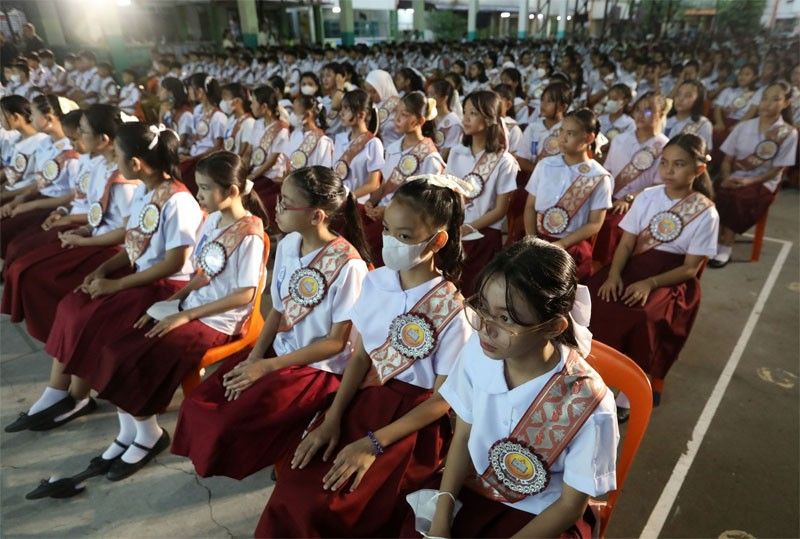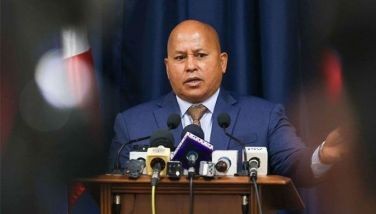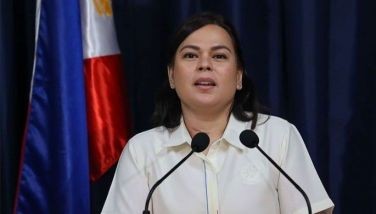Private schools appeal ‘no permit, no exam’ policy anew

MANILA, Philippines — The largest organizations of private schools in the country have again appealed to lawmakers to reconsider a proposed bill that would prohibit the “no permit, no exam” policy.
“Similar to taxes being the lifeblood of the state, tuition fees are the lifeblood of private schools,” the Coordinating Council of Private Educational Associations (COCOPEA) said in an open letter on July 14.
“Private schools rely on timely collection of tuition fees for payment of teaching and non-teaching personnel salaries, utilities, government fees, school maintenance, capital investments and other expenses necessary to sustain a conducive learning environment for students,” the COCOPEA added.
Earlier this year, the Senate and the House of Representatives approved their respective versions of the bill that would prohibit private schools from implementing “no permit, no exam” policies.
A bicameral conference committee has yet to be held to consolidate the provisions of the bills.
The COCOPEA’s latest statement was signed by its member organizations, including the Catholic Educational Association of the Philippines; Philippine Association of Colleges and Universities; Philippine Association of Private Schools, Colleges and Universities; Association of Christian Schools, Colleges and Universities; Unified Technical and Vocational Education and Training of the Philippines Inc.
It cited “serious repercussions and consequences on the private education sector” of the measure, citing earlier studies showing that a significant percentage of private schools are barely breaking even.
“Private schools need to keep tuition fair and affordable, even if most are still reeling from the effects of the pandemic. This shows how financially vulnerable our schools are,” the private school organizations said.
“Prohibiting ‘no permit, no exam’ policies will thus endanger the sustainability of private schools. Schools will not have a steady cash flow, because the incentive to pay on time is removed, and parents and students will have the option to delay payment,” they added.
Citing simulations, the COCOPEA said private schools would run out of operating cash after just over two months, requiring them to find other sources of financing or delay the payment of operational expenses, including salaries.
It maintained that “no permit, no exam” policies come with many accommodations, such as allowing enrollment upon payment of a small fraction of the tuition fees, with the rest to be paid on installment basis.
“Promissory notes allow students to take exams if they cannot yet afford to pay. These systems have been in place for decades. They provide a fair balance between ensuring the students’ education and keeping the school afloat,” the COCOPEA said.
“The bill’s proposed safeguards for schools, including withholding of grades and resorting to court action, already exist by law at present and are actually used as complements to ‘no permit, no exam’ policies. They are, however, insufficient on their own,” it added.
Earlier, the COCOPEA said it is willing to engage in a dialogue with lawmakers to develop solutions that would ensure both the financial stability of institutions and the accessibility of education for all students, such as by expanding scholarship programs, establishing financial aid and student loan facilities and fostering partnerships with the private sector to create employment opportunities for working students.
- Latest
- Trending





























